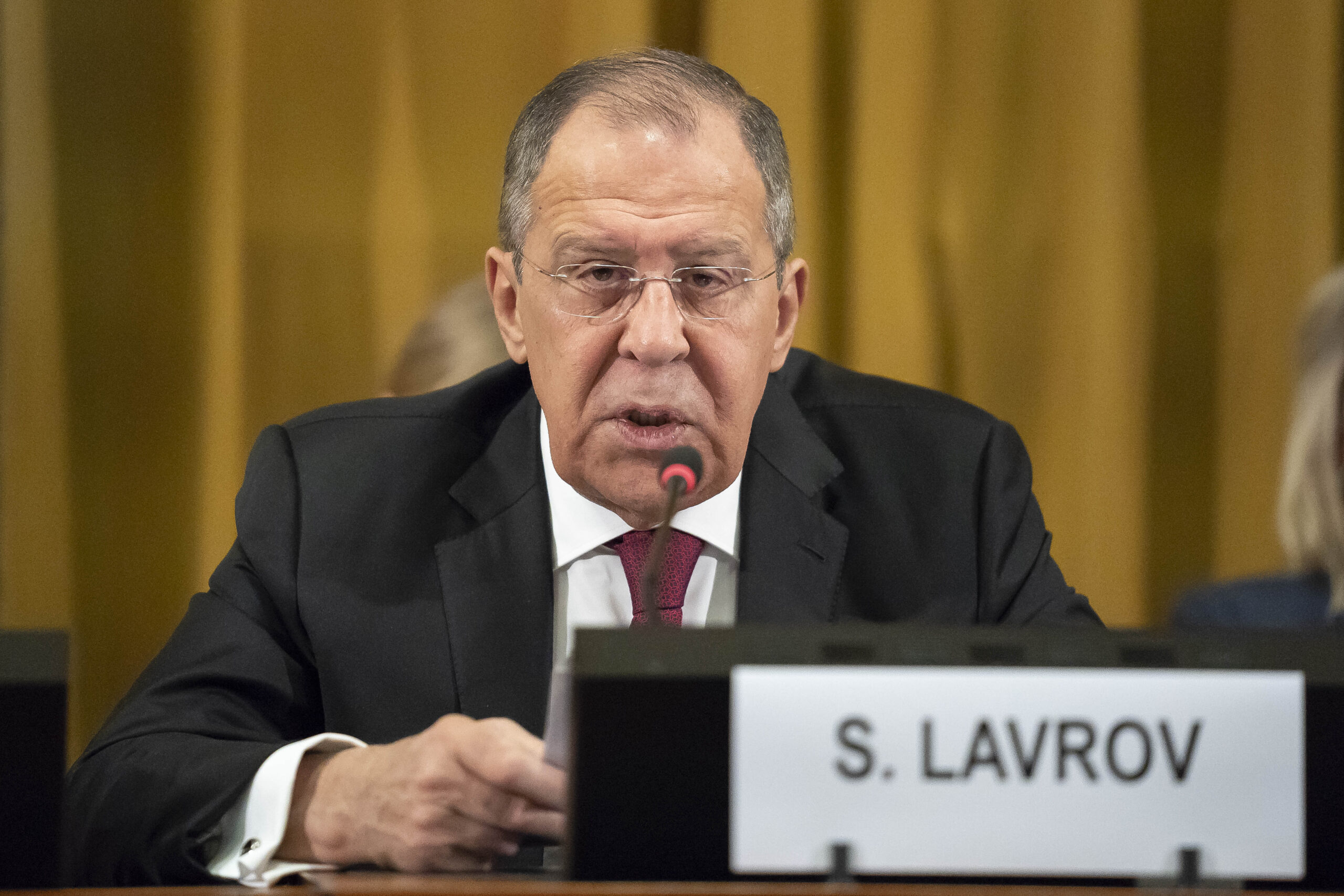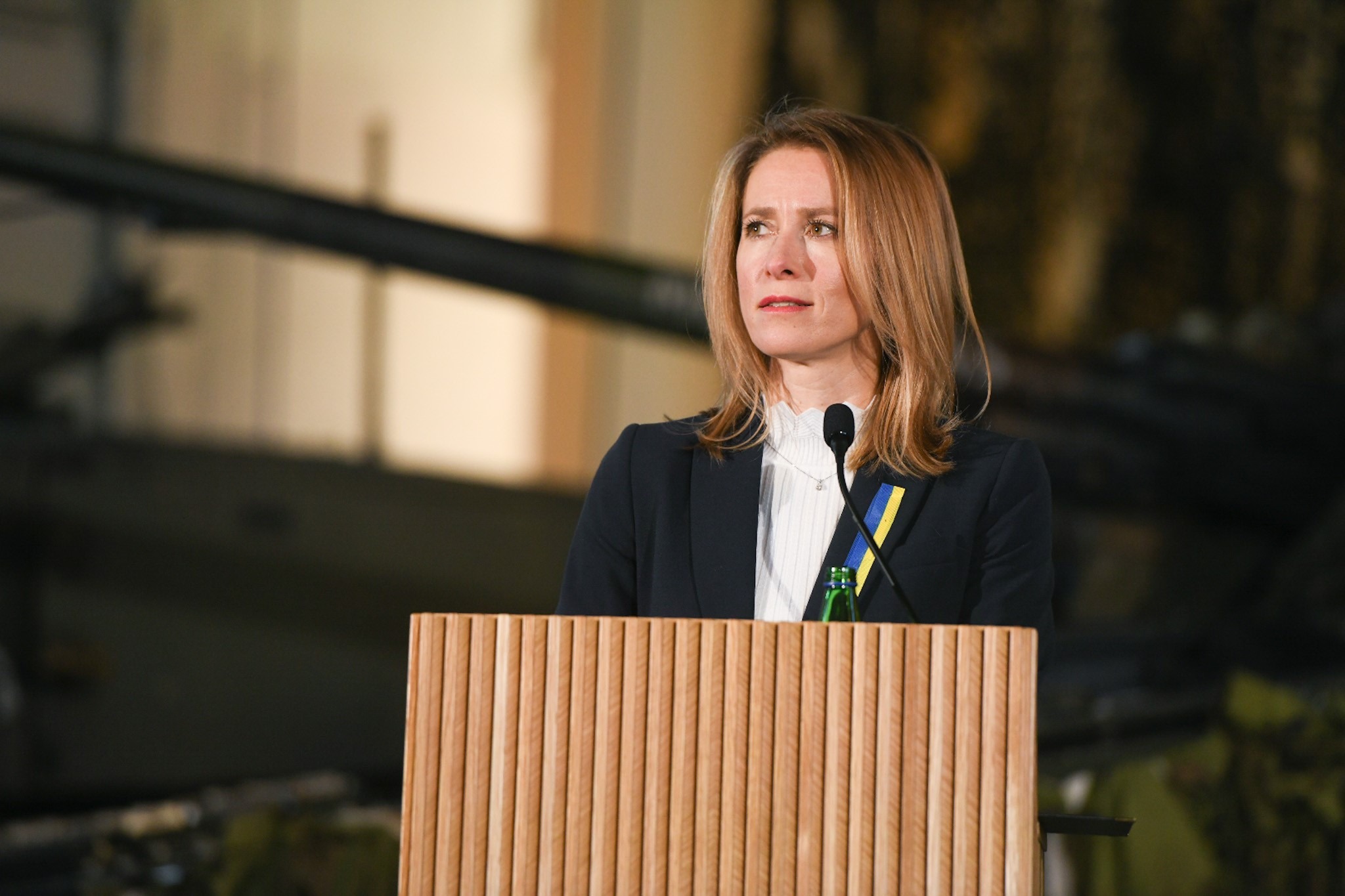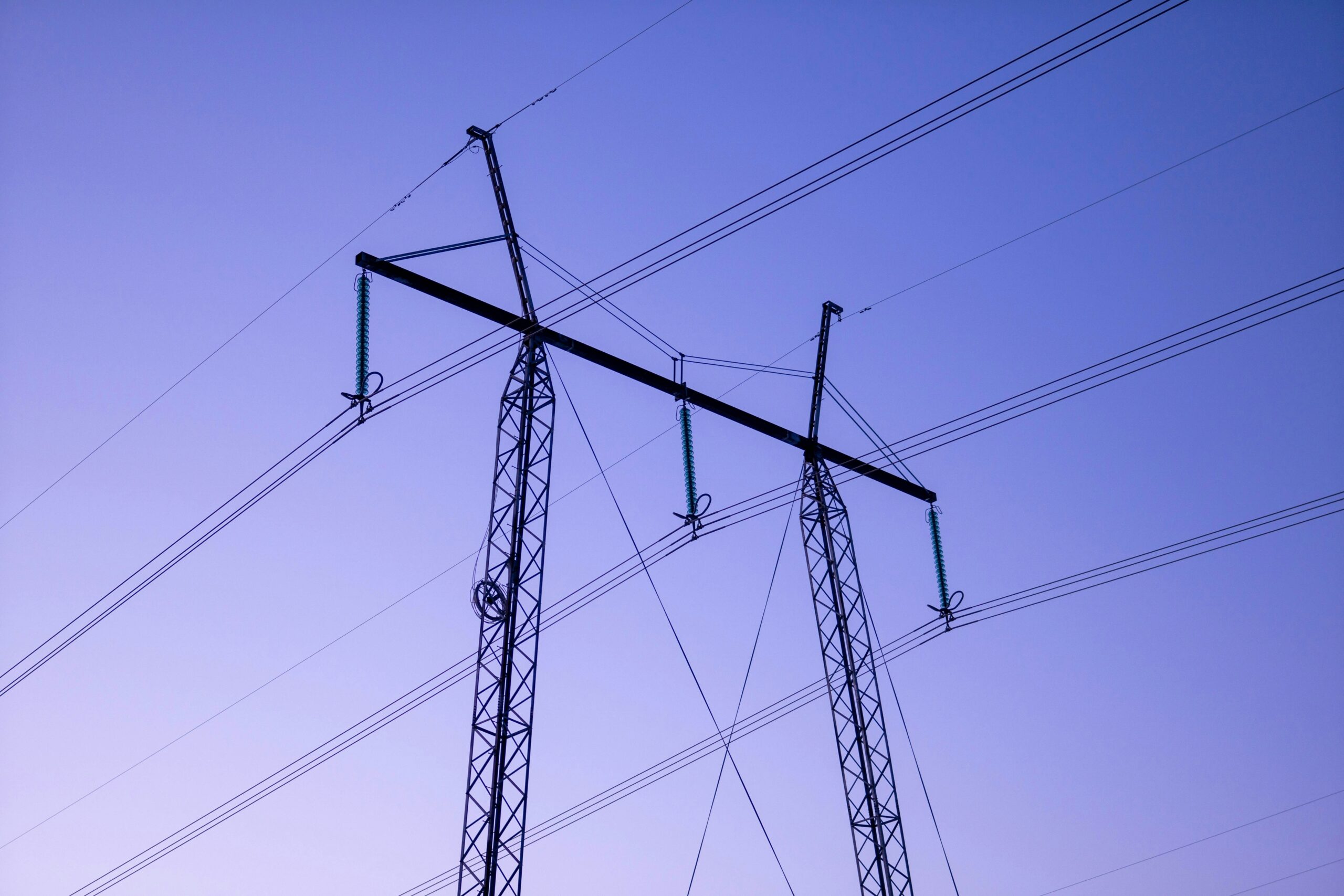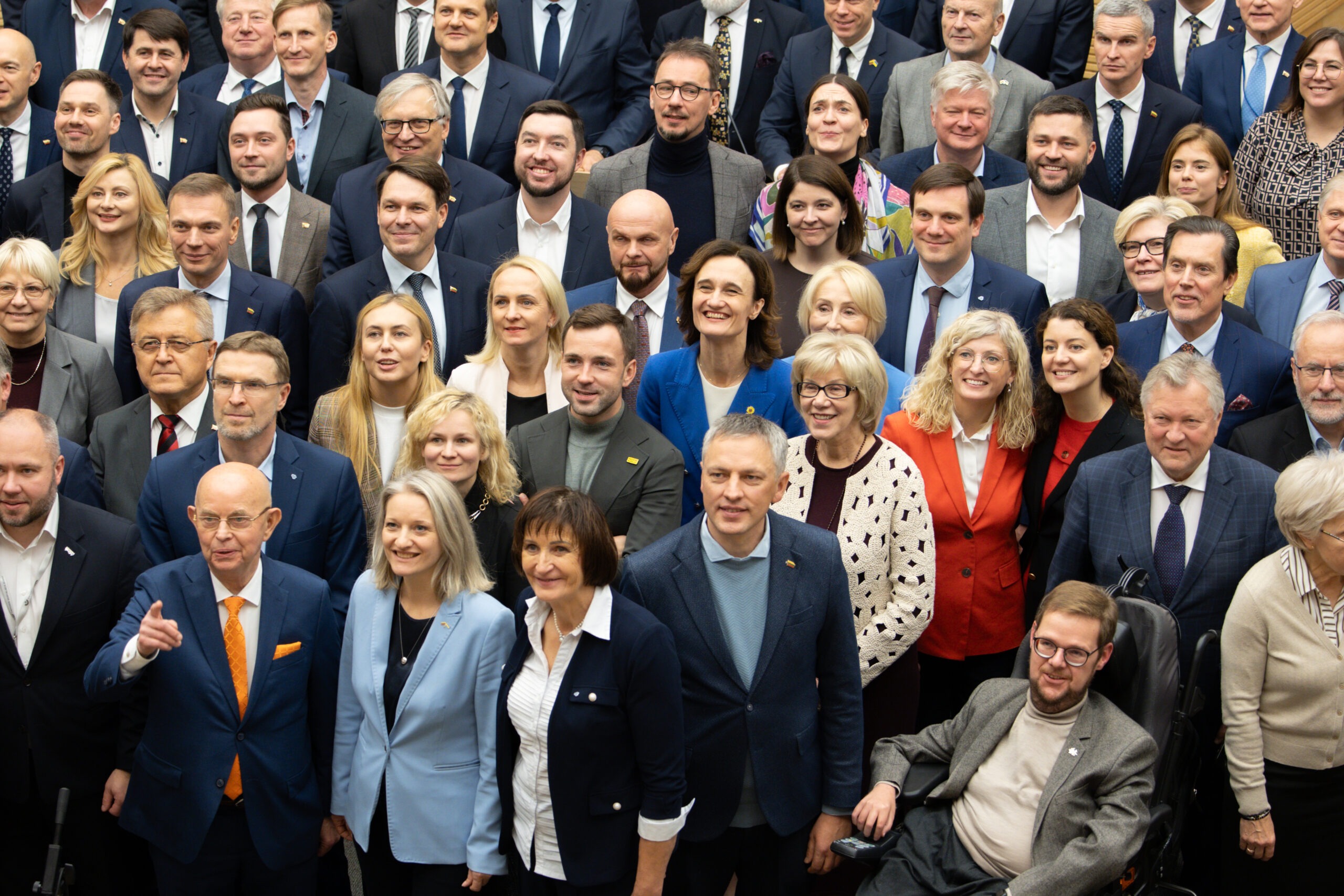Report
Estonia Weekly: Satirical “Olivier Salad Ban” Rumour Fuels Russophobia
Pro-Kremlin online voices in Estonia amplified both fabricated claims about cultural repression and criticism of long queues at the Narva border, framing these measures as evidence of “Russophobia.”
Weekly Reports
Latvia Weekly: Russophobia Claims and Allegations of Double Standards in Sanctions
Pro-Kremlin social media channels have been spreading critical narratives about Latvia, alleging Russophobia through claims about language education policies and monument removals. Other posts argue that sanctions against Russia have harmed Latvia’s economy or that Latvia is inconsistent in applying international sanctions.
Read moreEstonia Weekly: The Orthodox Church Controversy
The Estonian Orthodox Church of the Moscow Patriarchate (EOC MP) is in a public dispute with the Ministry of Interior over its canonical ties. NATO allies and the Estonian government are being criticized for irrational defense spending.
Read moreLithuania Weekly: Amplifying Anti-Government and Anti-Western Narratives
Kremlin-aligned Lithuanian media amplified anti-government narratives this week, criticizing Lithuania’s pro-Western stance and support for Ukraine as detrimental to its sovereignty. Articles also highlighted economic challenges, drawing parallels with social crises in Europe and questioning the EU’s capitalist model. Additionally, narratives claimed Ukraine is losing the war, suggesting peace depends on NATO abandonment and territorial concessions.
Read moreLatvia Weekly: Lavrov’s Accusations and Russophobia in Latvia
Kremlin-aligned Telegram channels promoted the narrative of Russophobia in Latvia, citing the removal of Soviet monuments and investigations into pro-Kremlin figures as evidence. These channels also amplified Russian Foreign Minister Lavrov’s accusations of US aggression and his characterization of the Baltic States as US puppets.
Read moreEstonia Weekly: Pro-Kremlin Narratives Target Defense Efforts and EU Diplomacy
Anti-Estonian criticism has been triggered by military drills and a private company’s idea to supply air-defence missiles to Ukraine. In addition, pro-Kremlin groups discuss EU High Representative Kaja Kallas’ actions, including her visit to Kyiv and refusal to meet Lavrov on Malta.
Read moreLithuania Weekly: DHL Plane Crash Sparks Conspiracy Theories
During the reporting week, the DHL cargo plane crash in Vilnius dominated Lithuanian headlines and sparked intense speculation. While officials pointed to technical issues or human error, Kremlin-aligned media framed the incident as a provocation against Russia, amplifying conspiracy theories about NATO aggression and regional instability.
Read moreLatvia Weekly: Kremlin Narratives Paint Latvia as a Failing State
During the monitoring period Kremlin-aligned and local conspiracy Telegram channels spread disinformation about Latvia, falsely portraying it as a failed state through narratives about high prices, alleged lack of democracy, alleged healthcare issues, and fabricated claims about US diplomatic services.
Read moreEstonia Weekly: Speculation About 2025 Blackouts & Migration Law
In early 2025, Estonia will disconnect from BRELL and connect to the European grid, sparking speculative fears of possible widespread blackouts. Social media commentators criticize Estonia’s proposed legislation to ban the use of the Russian language in residency applications, raising concerns about growing Russophobia in migration issues.
Read moreLithuania Weekly: Kremlin Media Shifts Focus to Criticizing the Country’s Leadership
The “10 Minutes of Silence” protest on November 14 gathered approximately 5,000 people outside the Lithuanian parliament to oppose the inclusion of the “Nemuno Aušra” party in the governing coalition, led by Remigijus Žemaitaitis, who is on trial for alleged antisemitic remarks. Critics, including President Gitanas Nausėda, have condemned the coalition as harmful to democratic values and human rights. Meanwhile, Kremlin-aligned media exploited the protests to amplify anti-Western narratives, portraying Lithuania as unstable and corrupt while aiming to erode trust in democratic institutions and support for Ukraine.
Read moreShowing 145 to 153 of 334 results
Don’t miss a story.
We publish stories that change laws, lives, minds and the world. Subscribe to our newsletter to get our investigations delivered to your inbox.








